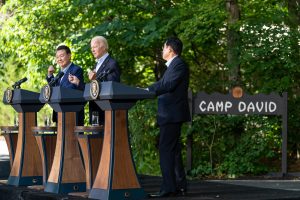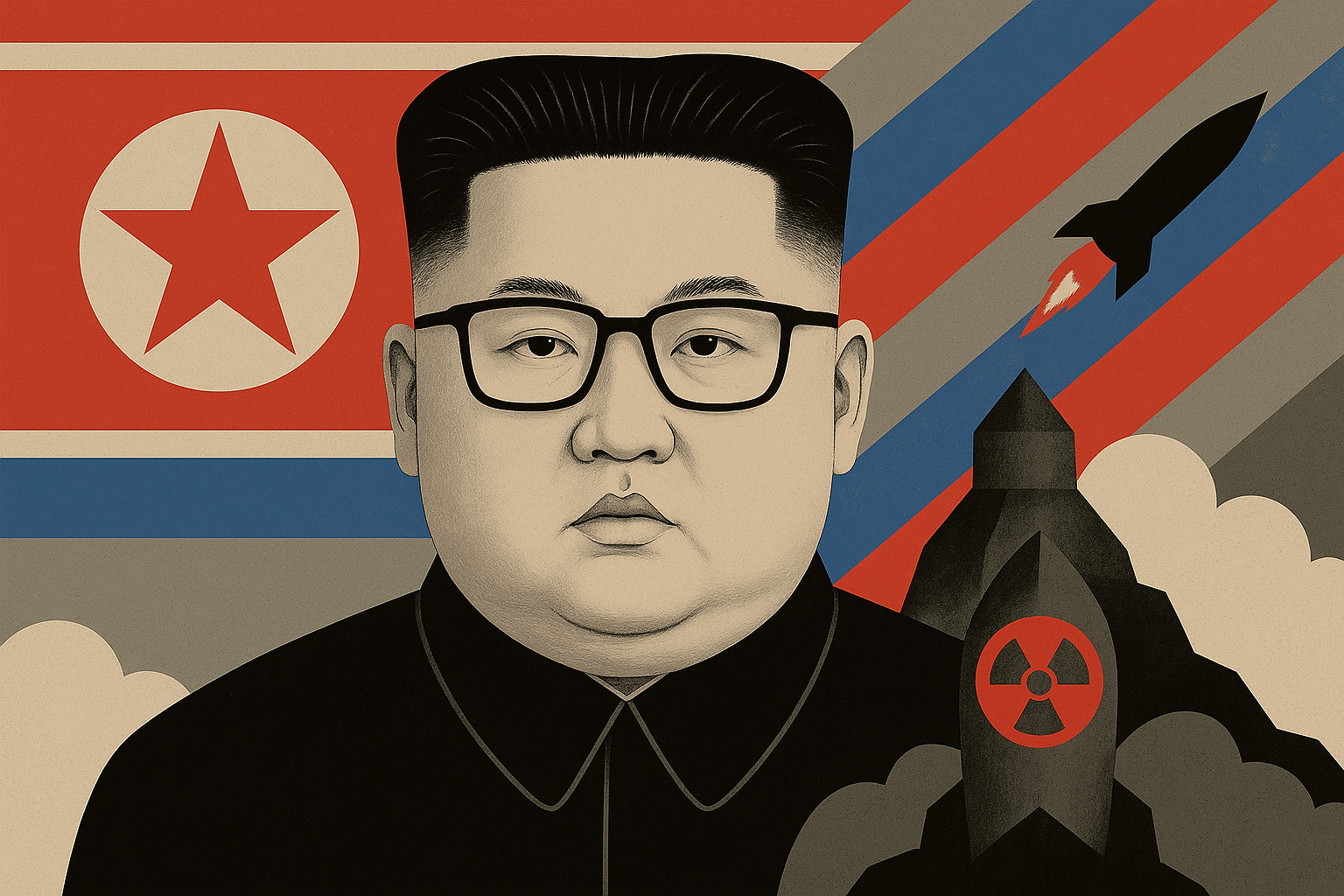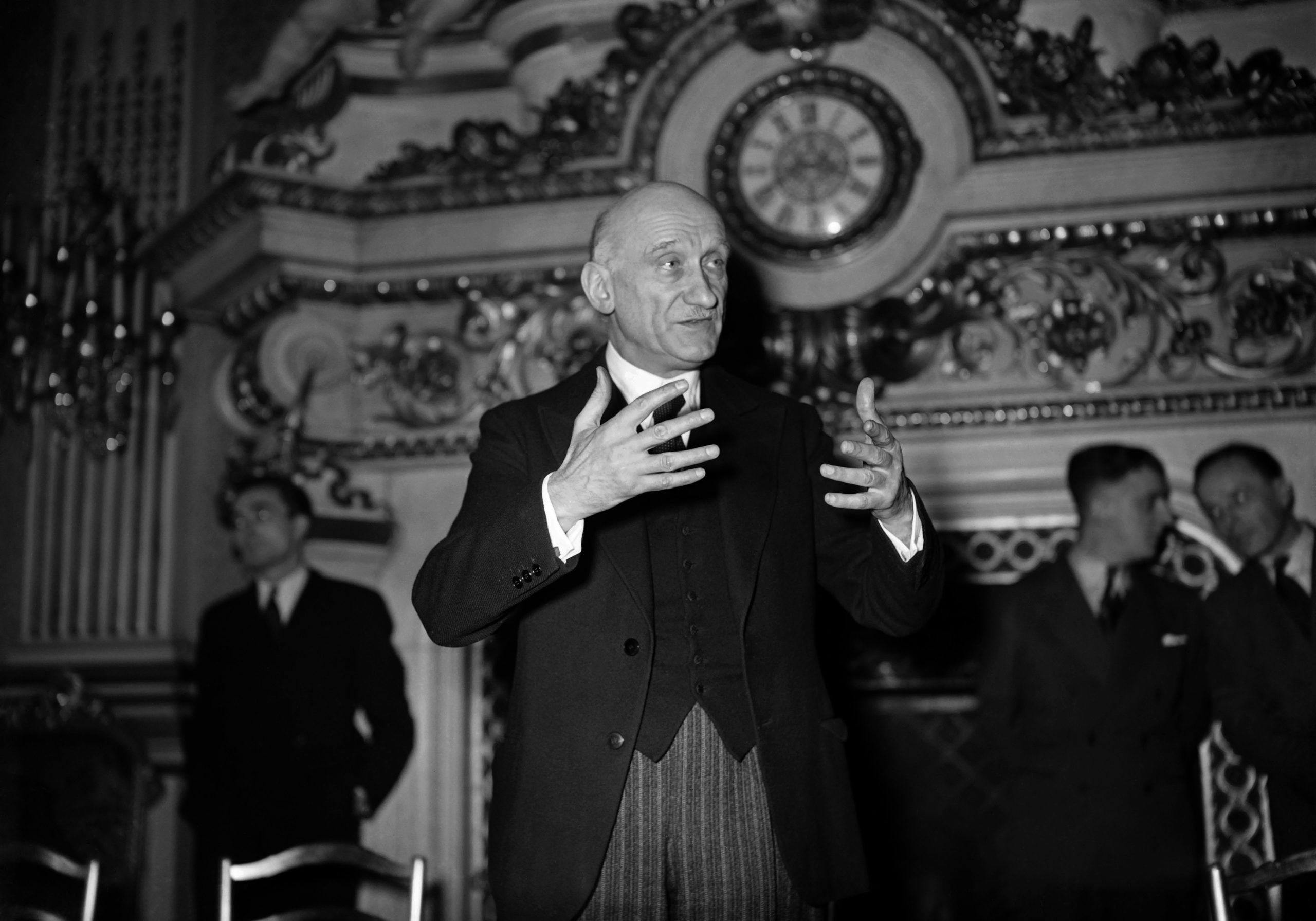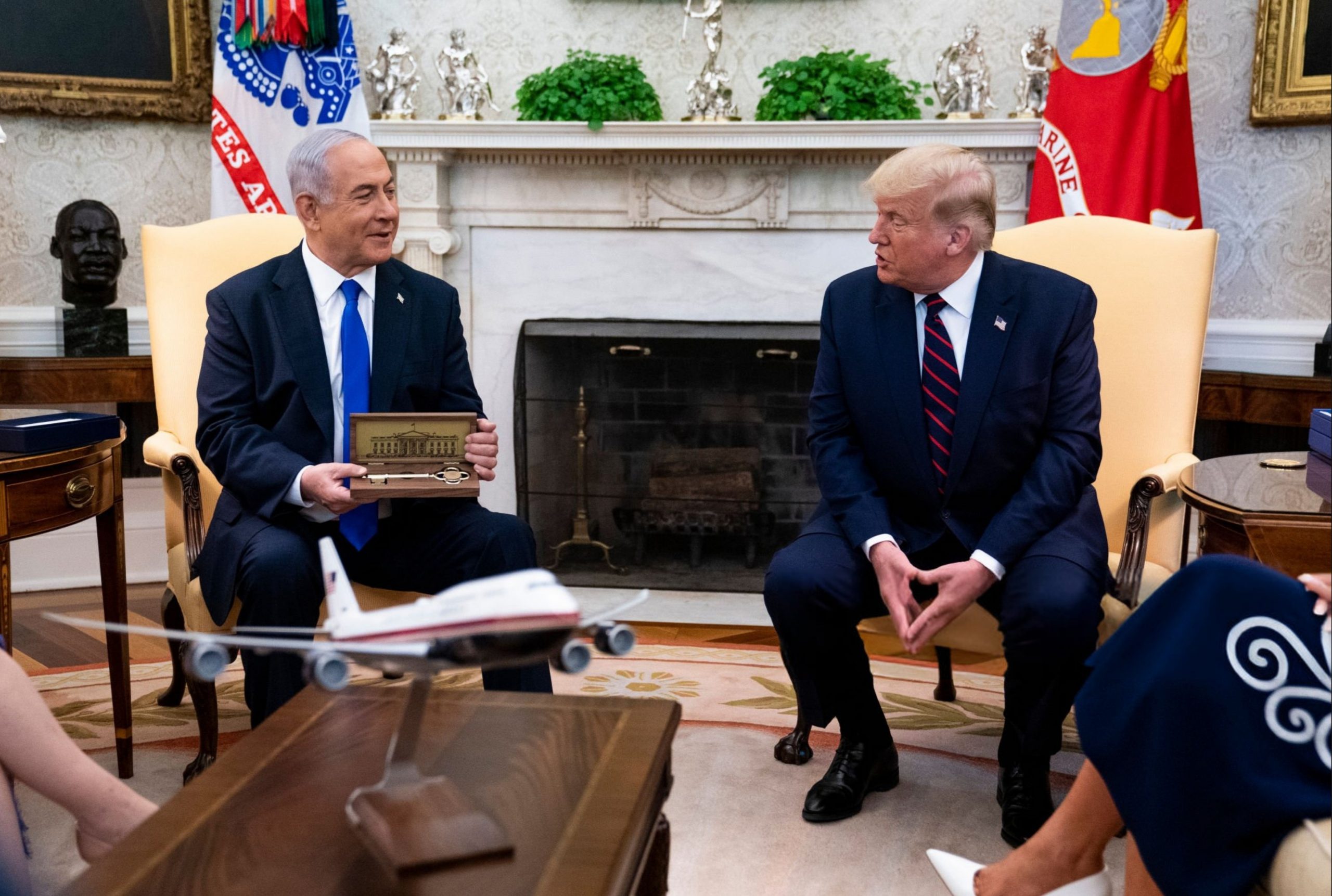
Trump’s re-election deepens Palestine-Israel conflict, favoring Israel’s policies.


Welcome back to Middle East Brief, where we take a look at the implications of Donald Trump’s re-election as President of the United States, the role the Israeli-Palestinian conflict played in the election, and how his policies are likely to shape the future of U.S. foreign policy in the Middle East. From his controversial peace plan to the appointment of figures with strong ties to the Zionist lobby, we’ll explore what this means for regional stability and the long-standing struggle for Palestinian rights.
In the shadow of the Israeli massacre in Palestine, on November 5, the people of the United States went to the polls to elect a new president. Donald Trump, who ran for the presidency against Kamala Harris, the Vice President of the United States of America, was re-elected as president with 51% of the vote. During the election process, both candidates played the Israeli security card in their bid to become the U.S. president.
Perhaps the biggest factor in Trump’s re-election was the Palestinian issue, the deepest and longest-running conflict in the Middle East. Many in the U.S. and around the world see Trump as a “conflict preventer.” However, it is clear from both Trump’s statements during the election process and his actions during his previous presidency that conflict prevention is not the same as granting Palestinians their rights.
In 2020, Trump introduced the Middle East Peace Plan, which he described as the “peace plan of the century,” together with Israeli Prime Minister Netanyahu. According to this plan, Jerusalem was recognized as the capital of Israel, and Palestine was granted an independent state “conditionally.” However, this was to be achieved within a 4-year period. It is important to note that this plan was prepared under the direction of Trump’s son-in-law and former White House advisor Jared Kushner, who is Jewish.
After this agreement, Trump stated, “I have done a lot for Israel. I moved the U.S. embassy to Jerusalem, I recognized the Golan Heights as Israeli territory, and perhaps most importantly, I got the U.S. to pull out of the terrible deal with Iran.” In fact, Trump’s goals for the new term are unlikely to change, as Israel’s security, undermining Iran’s advances in the region, and not losing the Gulf states—many of which are allies—to China are policies that the U.S. has pursued for years, regardless of which party’s candidate is elected.
Trump’s Palestinian-Israeli policy began to manifest itself in the very first days of his presidency. On November 13, he appointed Huckabee, a former evangelical pastor, as ambassador to Israel. Huckabee is notable for his regular trips to Israel and close ties there. He has also been involved in the Judaization of the West Bank and even used the Israeli name for the West Bank during a visit in 2017, saying, “There is no West Bank. This is Judea and Samaria.” He added, “There are no settlements. These are communities, neighborhoods, cities. There is no occupation.” In doing so, he denied the existence of an occupation.
One of the key figures in the Trump administration during this new era is the new Director of National Intelligence, Tulsi Gabbard. Gabbard is also known as “pro-Assad” and “pro-Putin” due to her previous support for these figures. However, more importantly for understanding Trump’s policies, Gabbard is also “pro-Israel” and known to be close to the Jewish lobby. According to her previous statements, she opposes a ceasefire and argues that Israel should be allowed to attack Gaza as much as it wants and without limitations, stating that “as long as Hamas is in power, the people of Israel will not be safe or at peace.”
During the election campaign, Trump was asked about his plan for an independent Palestinian state, to which he replied, “We’ll see.” What difference does it make whether that answer is yes or no? To answer this, we should take a closer look at the 2020 peace plan. Did it change anything? “America does what it wants, so America’s friends do what they want” seems to be the only consistent truth here. Even if some experts suggest that Saudi Arabia could positively influence Trump’s Palestinian policy, it is questionable how valid this claim is, especially after Saudi Prince Mohammed bin Salman’s alleged statement to Blinken last month: “I personally don’t care about the Palestinian issue.”
In sum, even if Trump’s promise to “end the war” materializes, there is no indication of an end to the suffering of the Palestinian people, who have been diplomatically stalled for decades. It remains unclear whether Trump will bring peace to the Middle East, particularly given that the people he appointed to critical roles as soon as he took office are Zionists or closely tied to the Zionist lobby.

In November, U.S. voters will choose between resurrecting the “America First” doctrine or maintaining a foreign policy based on alliances and multilateralism.

After many years of exploitation of Africa, African leaders have begun to speak out.


The evolution of the EU, its golden era, bandwagoning with the US, and the dilemma of declining credibility.
Written By: BATUHAN GUNES
Written By: KRISTIN HYNES
Written By: ERIC SONG
Written By: ALEXANDER BERGH
Written By: KATE-REID SMITH
Written By: JOSEF SCHOEFL
Written By: PATRIC MCFARLAND
Written By: FATIH CEYLAN
FA’s flagship evening newsletter guilding you through the most important world streis ofthe day. Delivered weekdays.
